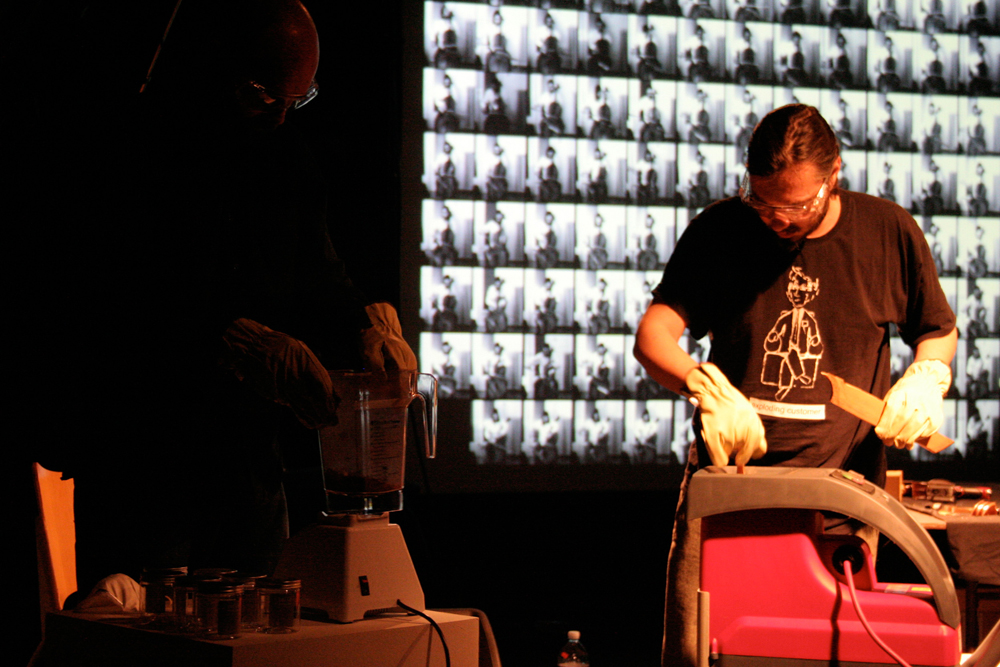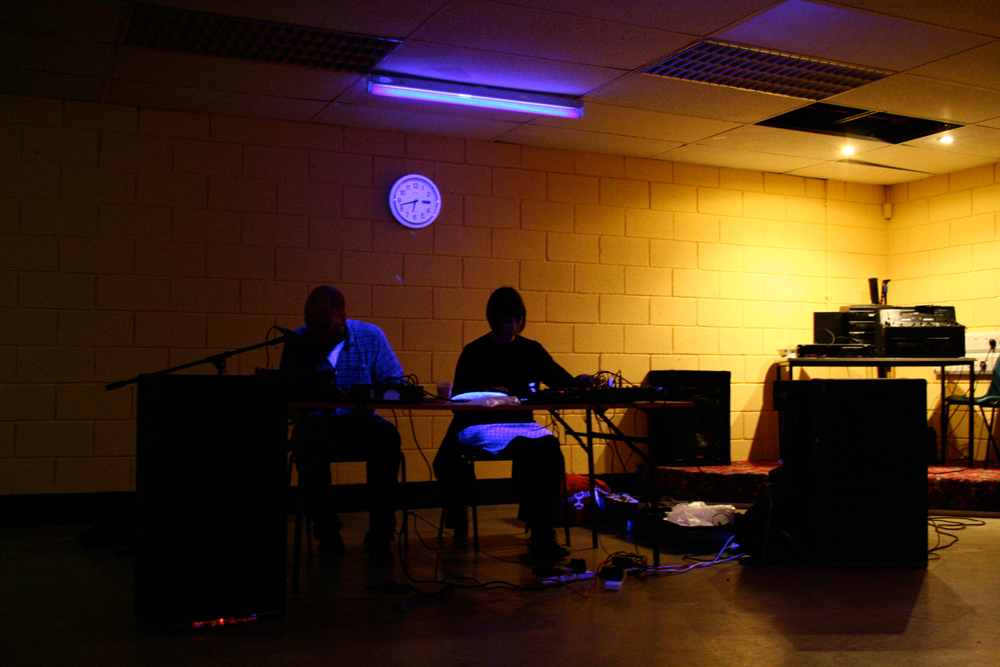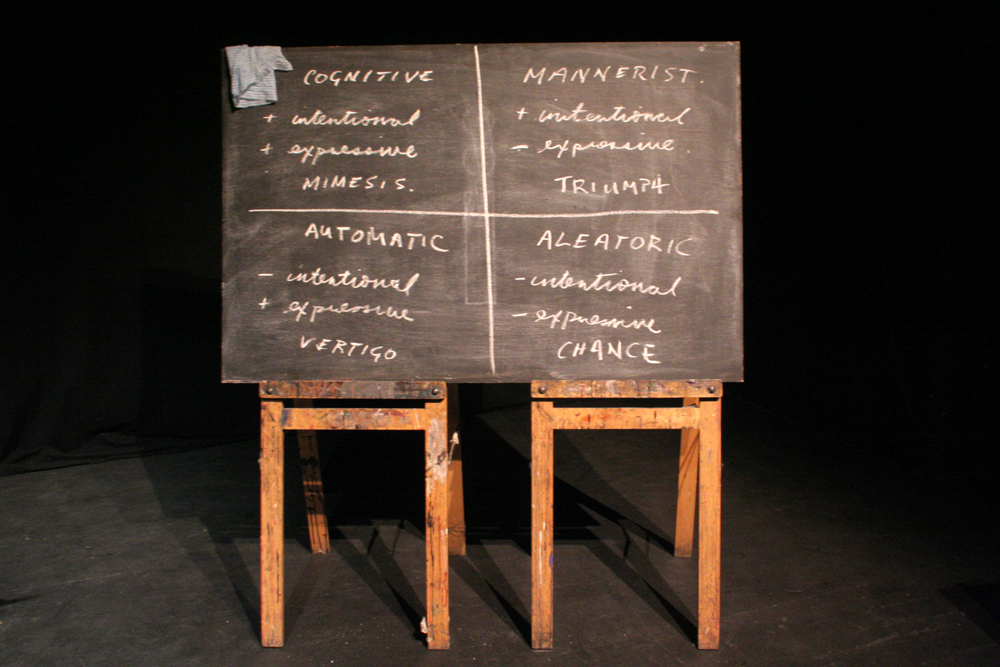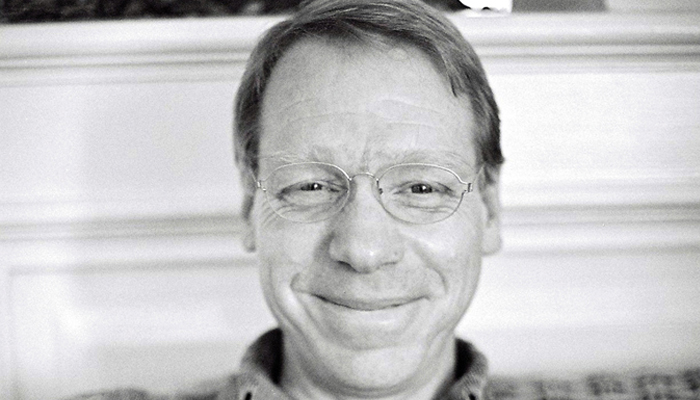
Touching the Imperceptible
Arthur Jafa Kara Keeling
A performed filmic conversation on queer and black world making.
Arika have been creating events since 2001. The Archive is space to share the documentation of our work, over 600 events from the past 20 years. Browse the archive by event, artists and collections, explore using theme pairs, or use the index for a comprehensive overview.

A performed filmic conversation on queer and black world making.

Greek TV company Onos Productions came to INSTAL 09 to document the festival and report on Nikos Veliotis’ Cello Powder performance.

Avant-wrongdoers Blood Stereo performing in Garthamlock the town spawned them.

A double bill of Morgan Fisher films that ask what can be achieved by a simple structural method of commenting on scraps of 35mm film, re-shot on 16mm film and what happens to meaning (if anything) when ‘insert shots’ are relieved of their original duty of providing crucial plot development for a variety of other movies?

The mutability of the body and the mobility of identity: queered pop culture, drag, lip-sync and performance.

This session focuses in on the defiant mutual aid practices of early and DIY feminist movements in the UK, that attempted to shift and radicalise care and kinship away from the domain of the nuclear family.

A silent collage of found film footage partially layered with computer graphics to provide a framework in which live music can develop.

A kind of an informal overview of INSTAL.

Christian Bök‘s work spans thrillingly conceptual poetry to body-shaking vocal performances.

From really simple, open instructions, An Unrhymed Chord creates a kind of half-way point between composition and improvisation.
A full-blooded, emotional attempt to reinvigorate improvisation from a musically inclined philosopher and two philosophically inclined improvisers.

Bringing together artists working with music, sound, film and the moving image, KYTN 2008 saw performances, improvisations, screenings and installations over three days at DCA.